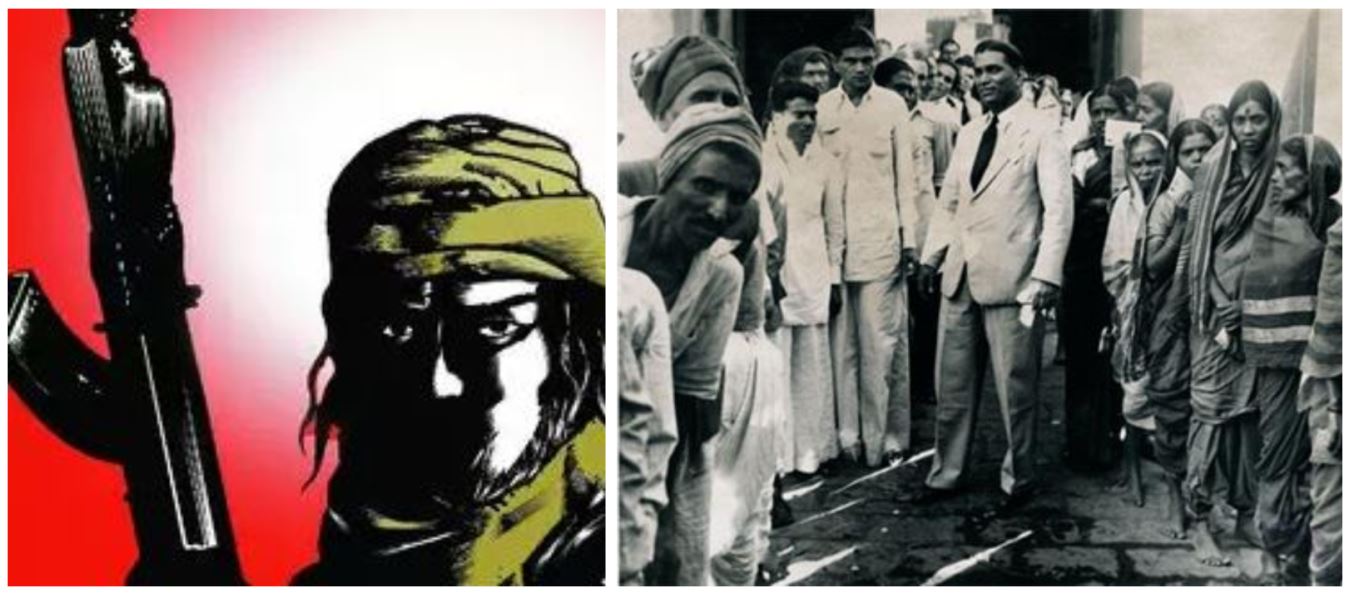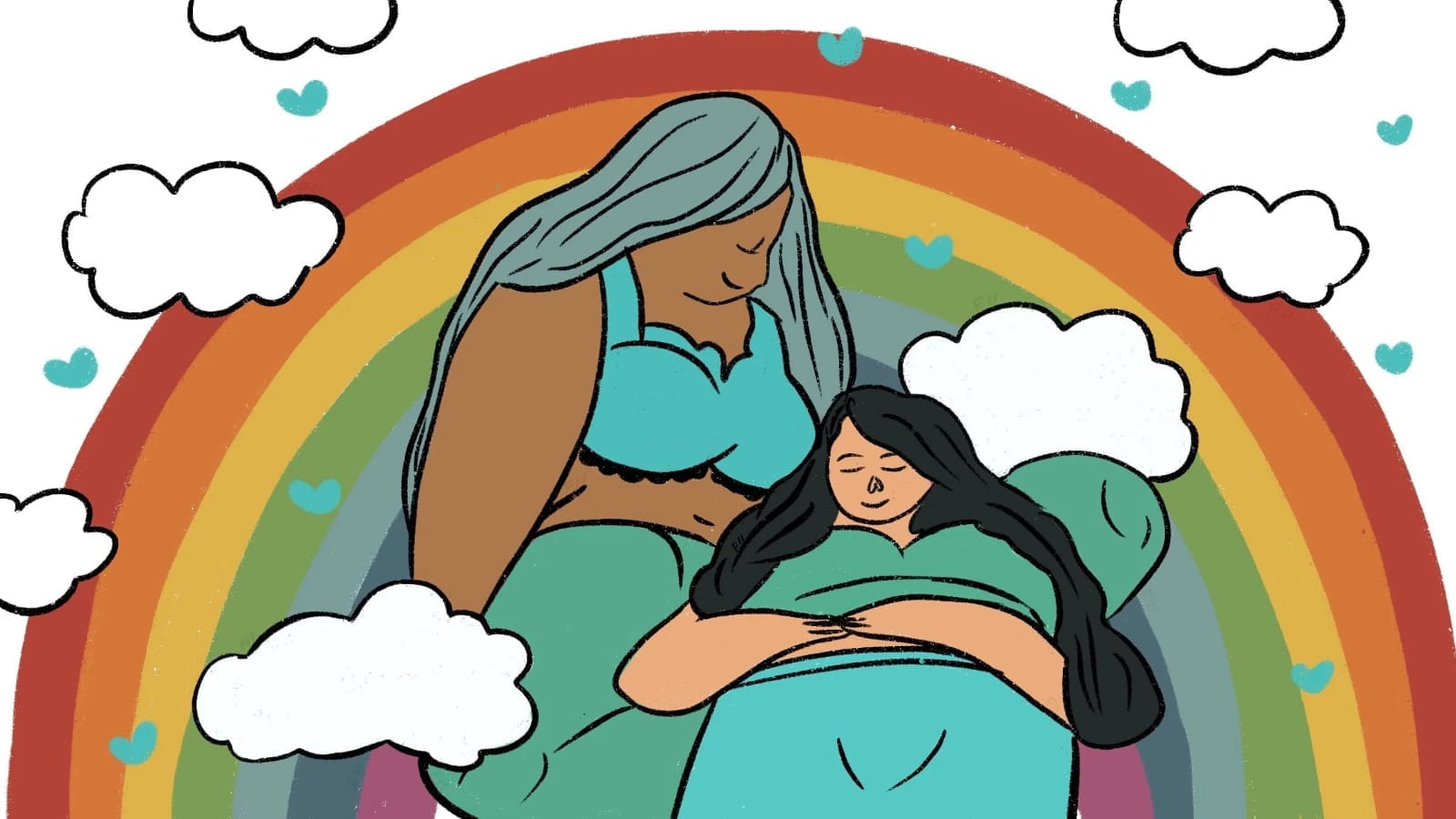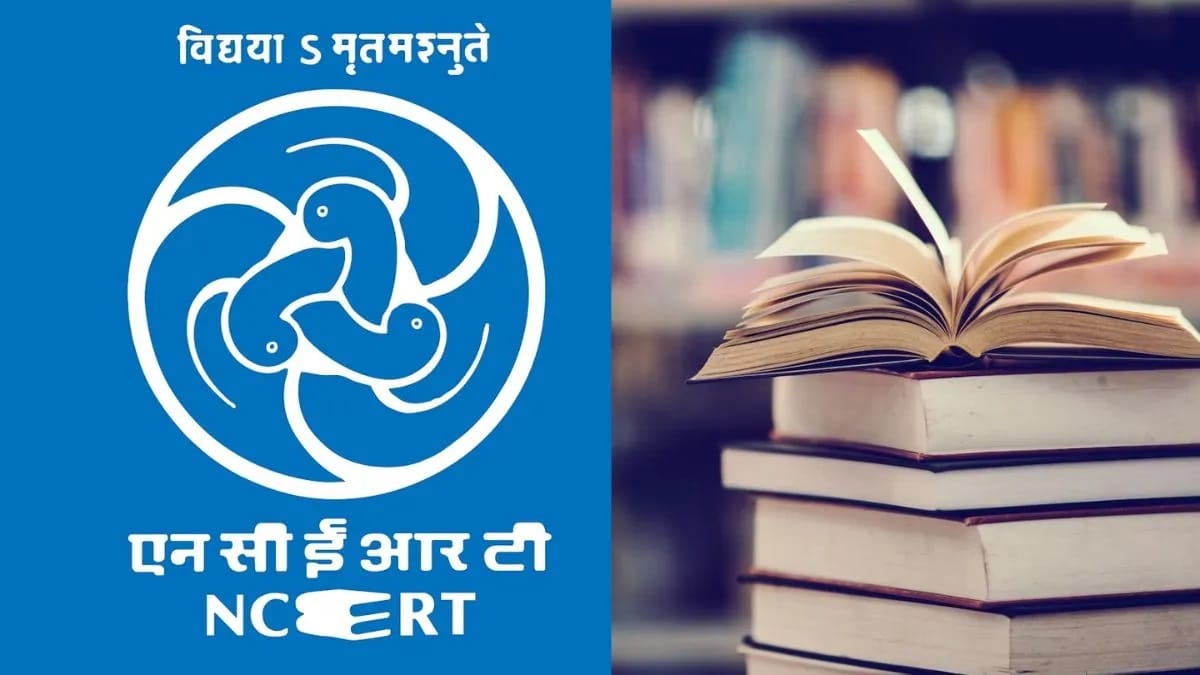As India was getting ready to conduct its first general elections in 1951-52, the upper classes were threatened by the prospect of democracy and the uncertainty it brought with it, with regards to their status quo. They thus resorted to perpetrating violent acts and terrorism – to project democracy as a rule that would bring about lawlessness. In Western India, specifically in Saurashtra, which at the time constituted Kathiawar and Saurashtra, as well as the erstwhile princely state of Junagadh, this violence reached its peak under the notoriety of Bhupat, a dacoit. From 1950 to 1952, Bhupat is believed to have killed more than 70 people, although these numbers varied. Bhupat’s story is intriguing, not just because of his audacious evasion of the law, but more so because of the patronage he garnered to carry out his crimes.
History
Bhupat, meaning landowner, went by names such as Bhupat Singh and Bhupat Makwana. The latter belonged to a class of Rajputs, who claimed their ancestry from Alexander’s armies, due to the similarities between the names Makwana and Macedonia. He was in the service of a Girasidar in Baroda, working as an ace shot and later a chauffeur. Girasidars were members of the royal family, who could not become rulers, generally younger brothers of the kings and thus became irrelevant rulers, who had to fight among themselves to sustain power.
It was due to his Robin Hood persona and his chivalry towards women that Bhupat was liked by many villagers, men and women, as well as people from the different castes, and enjoyed their protection, even with the police at his tail.
In the process, they employed men like Bhupat to help maintain their positions. It was in this context that Bhupat was promoted to being an aide-de-camp to the Girasidar, but lost his credibility when he was found guilty of killing a Muslim in a communal riot. From being an aide-de-camp to a Girasidar to an outlaw, Bhupat’s descent is a reflection of the economic and social conditions of the country. Many landless labourers were forced to resort to turning law-breakers as a means to survive the harsh social conditions in the state of agrarian distress.
He started his career as a dacoit by stealing from rich feudal lords and villagers and distributing the money among the poor. It was due to this Robin Hood persona and his chivalry towards women that Bhupat was liked by many villagers, men and women, as well as people from the different castes, and therefore enjoyed their protection, even with the police at his tail.
Princely States After Independence
After Independence, when the British Crown formed the dominion states of India and Pakistan, there were more than 560 princely states in India. The Indian Independence Act, 1947 allowed the rulers of the princely states a chance to choose between accession to India, accession to Pakistan or retaining independence. Due to dependence on the Indian Government, most of these states no option but to accede to India. According to the Instruments of Accession, the states had to surrender their defence, communications and foreign relations to India and Democratic institutions were set up. In exchange for this
Also read: The Farrago Of Biased And Fake News: Media’s Role Before Lok Sabha Elections
Therefore, before the period leading up to the elections, the rulers of the princely states enjoyed great wealth and loyalty. However, with the induction of democratic rule, their position was under threat. The Congress party, which was the best contender to win this election, had proposed land reforms as well as laws to reduce princely privileges. Under this threat, it is alleged that many of the princes became patrons of dacoits like Bhupat and his gang. They provided support through arms and ammunition, leading to wide-scale pillaging of villages and deaths of villagers. Princely states in British India had their own police force, and therefore had operational autonomy as well.
before the period leading up to the elections, the rulers of the princely states enjoyed great wealth and loyalty. However, with the induction of democratic rule, their position was under threat.
However, after independence when the new province of Saurashtra was formed, a police force was also created. This police force comprised of members of the British India police and the erstwhile State policemen. This meant that they were loyal to the princes, who asked the local law enforcement agents to turn a blind eye to Bhupat’s actions. The government believed that the reason for this anarchy was to prove to the masses that lawlessness was a result of democracy and that it would continue, unchecked, if the Congress was voted into power.
The authorities, in their attempt to control this havoc, enforced the Preventive Detention
Abolishing The Princely Privy Purse
In 1970, the motion to abolish privy purses was first brought to the Parliament and was passed in the Lok Sabha but failed to win a 2/3rd majority in the Rajya Sabha. Despite efforts made by the then President of India to pass an order such that the rulers would cease to be recognised as rulers, thus abolishing the privy purse, a writ petition was passed by the rulers, wherein the Supreme Court ruled in favour of the rulers. Finally, in 1971, it was passed by both houses of the Parliament as the 26th Amendment to the Constitution of India. Ironically, as a means of protest, many former members of royalty tried to contest elections during this period, hoping this would threaten the government’s standing in Parliament.
Also read: Know Who You Are Voting For: On Criminals, Chowkidars, And Opposition Parties
Thus, the election debacle came a full circle after two decades, with the involvement of members of royal family, in the first case – creating unrest to oppose
About the author(s)
Dhwani is an architect, writer and assistant professor at Balwant Sheth School of Architecture, NMIMS. She has an MA in Women’s Studies and identifies as a professional dog-cuddler.




